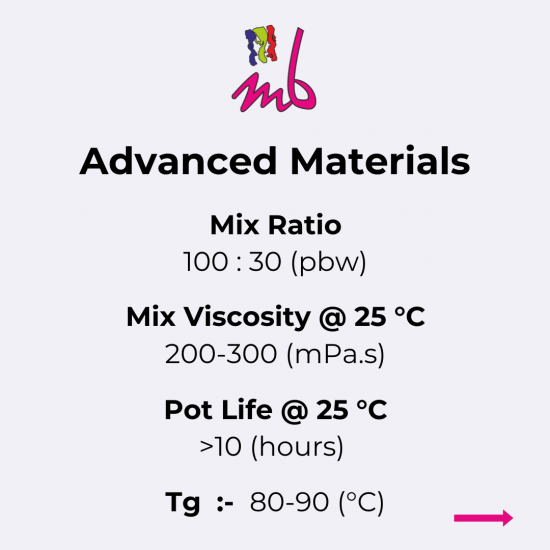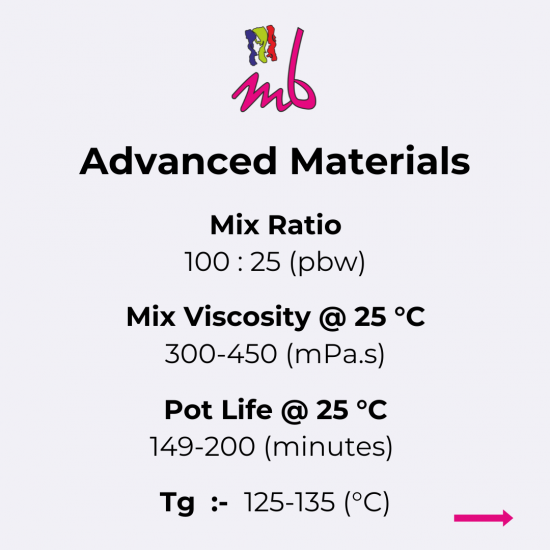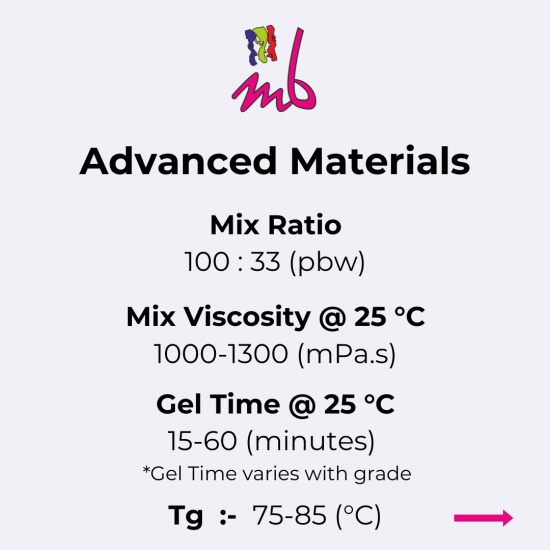Automotive
The automotive manufacturing industry is expanding at a very high pace, the demand for materials that are high-performing, have strength, and durability has reached unprecedented levels. One such material which has become a foundation in the production of various automotive parts is epoxy resin for carbon fiber composites.
Due to its excellent adhesives strength and exceptional resistance to heat, moisture, and chemicals, epoxy resin can be effectively used to enhance carbon fiber composites for different automotive applications. This combination of epoxy resin and carbon fiber is transforming the way vehicles are manufactured,restored and enhanced.
The Role of Epoxy Resin For Carbon Fiber Composites
In the automotive sector, epoxy resin for carbon fiber composites is widely used. for its lightweight and exceptional strength properties. Carbon fiber itself is a high-performance material which is widely known for its weight and most importantly high tensile strength, it is mostly favored for automotive application where weight is a concern yet enhances strength. Epoxy resin is significantly important in the manufacturing process in which the carbon fibers are bonded to one another thus providing the structural enhancement of the fibers.
In composite materials, the epoxy resins in use serve as the matrix material that helps in holding carbon fiber filaments. This resin acts as fiber binding material in most cases but also proves itself useful in improving some advantages of the base material resistance such as abrasion, chemical attacks and temperatures. By reinforcing carbon fiber composites with epoxy, epoxy resin manufacturers can create components that are lightweight yet solid, these are the two crucial standards in modern automotive engineering.
Benefits of Epoxy Resin in Automotive Applications
1. Strength and Durability:
The automotive industry requires components that can withstand harsh conditions upon exposure. Epoxy resin for carbon fiber composites offers unmatched strength, providing structural support to components that have harsh mechanical stress. This durability causes an increase in the longevity of these automotive components such as body panels, suspension components, and drive shafts.
2. Corrosion and Abrasion Resistance:
Another remarkable feature of epoxy resin is that it offers great resistance to corrosion and abrasion. For automotive parts which are exposed to weather conditions, road debris, and chemicals, this resistance helps the parts to remain intact and maintain performance over a period. This is particularly crucial in fixing vehicles where the use of epoxy resin is done in coating the parts for protection against harsh conditions.
3. Lightweight Construction:
To create more fuel efficient and performing vehicles, weight reduction is the most important. Carbon fiber is one of the lightest materials in existence and when it is used with an epoxy resin it results in composite material which is strong yet light in nature. Such composites are used in a variety of automotive applications such as the body structure which include body panels, floor and seat structures, suspension systems as well as interior items enabling the resin manufacturers to decrease the overall weight of the vehicles while maintaining the strength and safety.
4. Improved Performance:
The performance of vehicles can also be improved by the use of epoxy resins and carbon fiber composites together. In a move to promote accelerations, fuel efficiency and handling, the traditional heavier metals are replaced by these composite materials, especially those used in automobiles. Epoxy resin for carbon fiber composites are increasingly being used in the production of suspension components, drive shafts and similar components that are critical for a particular vehicle’s performance and durability.
Applications of Epoxy Resin for Carbon Fiber Composites
In recent times, epoxy resin for carbon fibre composites is being preferred over other materials in the automotive industry with a diverse scope of applications. Some of the most common uses include:
1. Vehicle Body Panels:
Epoxy resin for carbon fiber composites are used in the production of body panels which are lighter and stronger as compared to metal panels thus replacing them.
2. Suspension Components:
Suspension systems use carbon fiber reinforced composites, bonded together with epoxy resin that withstands the operational stresses and reduces weight, which improves both control and ride comfort.
3. Drive Shafts:
Drive shafts manufactured from carbon fiber composites using epoxy resin which are light in weight and high in torque demands to suit the modern vehicles.
4. Automotive Repair:
Epoxy resin also finds application in automotive part repairs that are subjected to wear and tear. Whether bonding, coating, or reinforcing, epoxy resin satisfactorily preserves the reliability and strength of the parts after repair.
Why Choose Epoxy Resin for Carbon Fiber Composites?
For manufacturing high-performance automotive components, the epoxy resin for carbon fiber composites comes top. Its outstanding bonding abilities along with the lightweight and strong carbon fiber makes it easy for car manufacturers to build stiffer and lighter cars. Epoxy resin guarantees the performance of automotive systems in the current stringent driving conditions over a long time without fear of environmental wear, be it in the making of new parts or the restoring of the old ones.
The application of epoxy resin for carbon fiber composites is a game-changer in the automotive industry. We at MB Enterprises being one of the top epoxy resin manufacturers in India offer a great lightweight yet sturdy and effective automotive component manufacturing solution. From body panels to suspension parts, drive shafts and repairing solutions, this resin is transforming the automotive design and manufacturing processes. It is clear that as the automotive sector advances, so does the application of epoxy resin for carbon fiber composites, and this will help determine the future of automotive development engineering.
-2462x2317.png)





